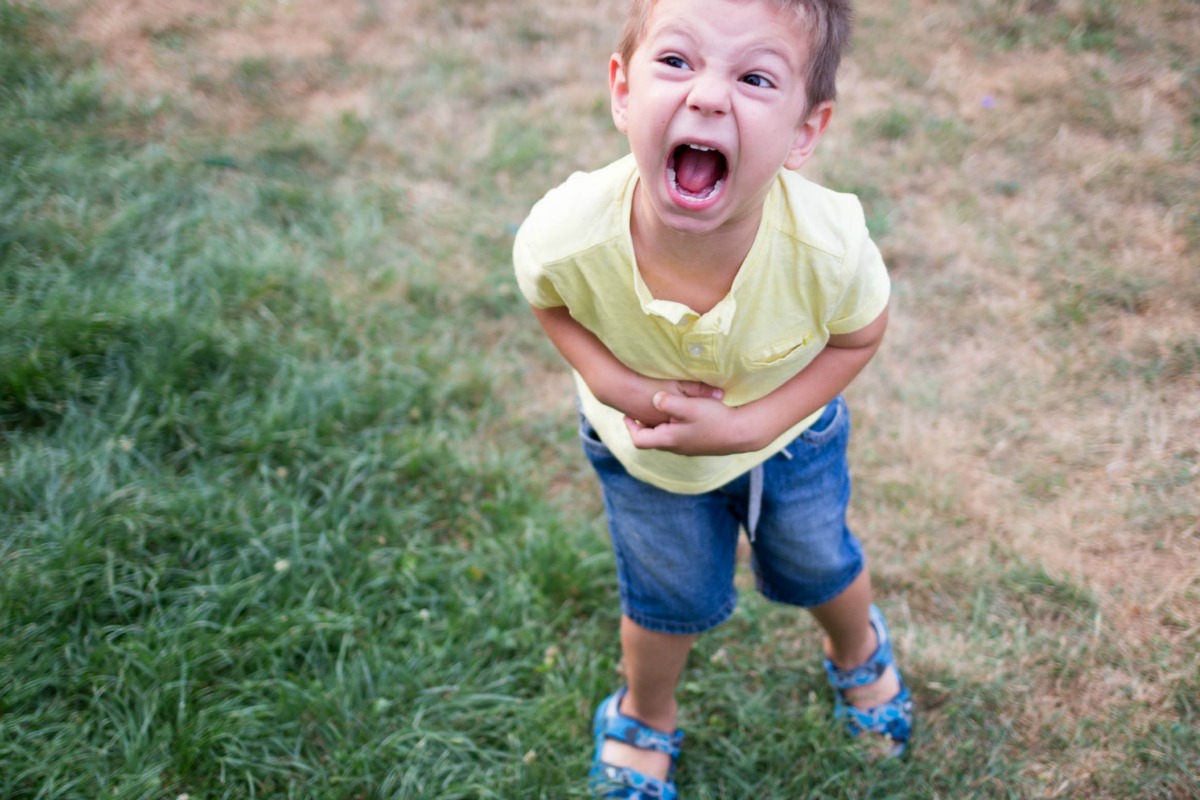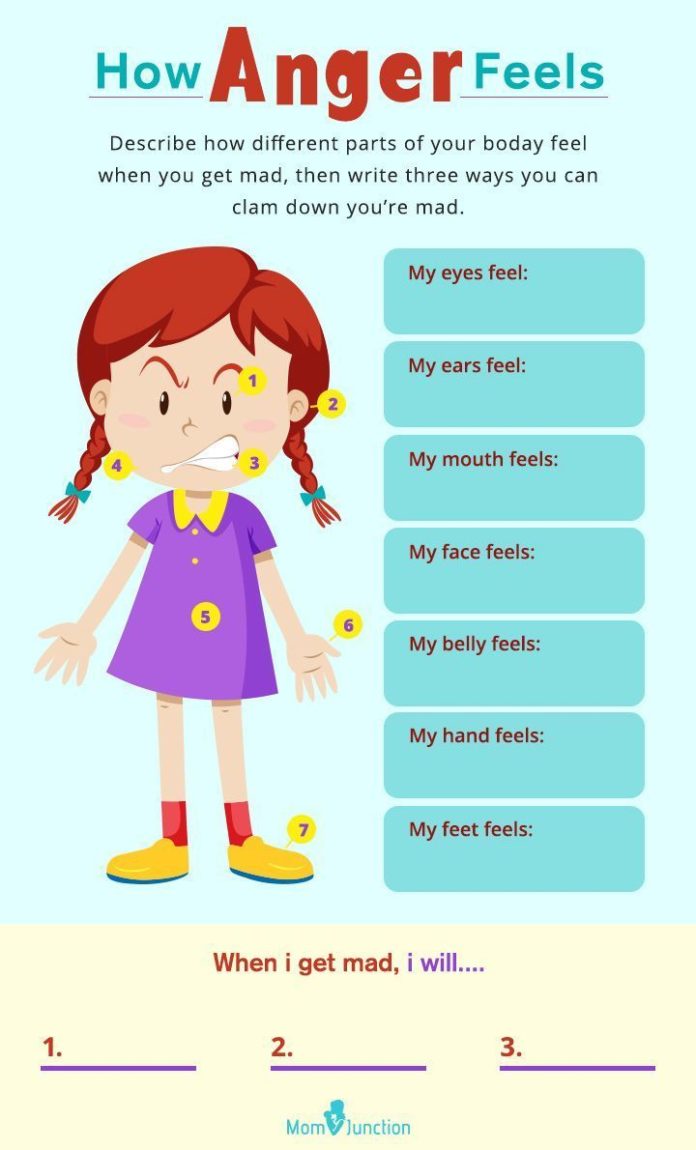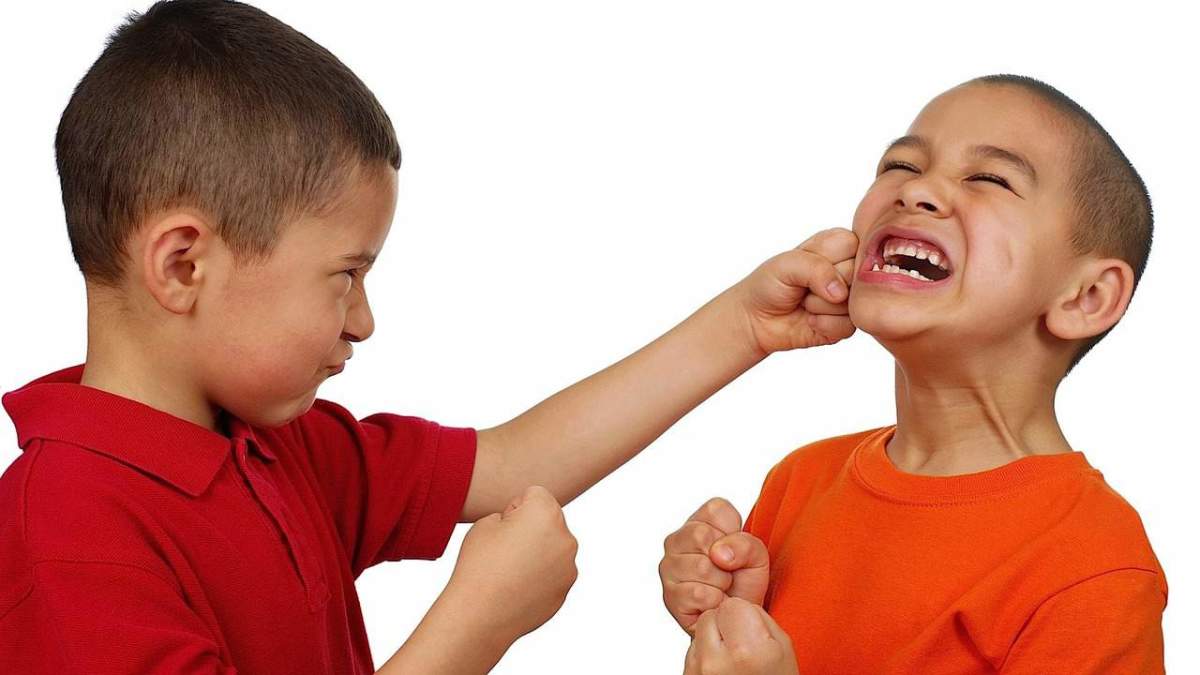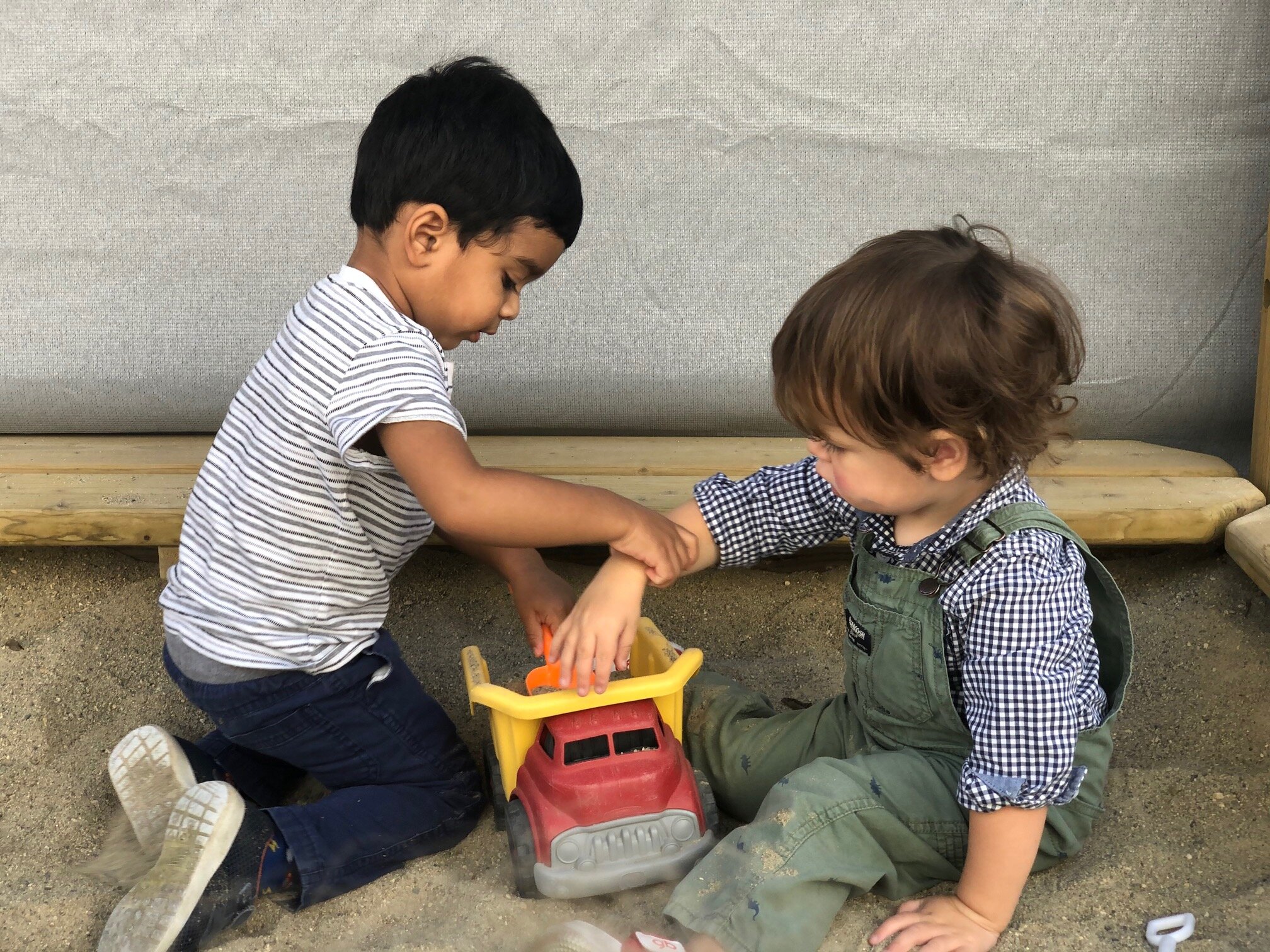Real Tips About How To Handle Aggressive Kids

Be careful not to give too much attention to your child so.
How to handle aggressive kids. Parenting strategies for managing aggressive behavior in very young children. The child must observe and copy behaviors they see others use that help them get their needs met. No matter where you are or what you’re doing, try to be consistent.
When to get help with childhood anger and aggression. Try to figure out what triggered the behavior; When should i worry about my child’s aggression?
Some aggression is normal, experts say; Read on for some tips on how to handle an angry, aggressive child and help your little person manage their emotions. How to respond to aggressive behavior it's important to take action when your child behaves aggressively.
Consult your child's doctor if. Managing hyperactive kids involves engaging them in sports, establishing a routine, and creating a positive family environment. Tools and techniques to teach kids anger management strategies.
When assessing the breadth and depth of a child’s anger or aggression, a provider will look at the behaviors in the context of the child’s life. The activities that follow encourage children to approach their anger habits with openness. This way, you let your child know that the anger is the problem, not them.
With prompt consequences and new skills, your child. Some kids have more trouble with aggression and anger than others do. Challenges 7 ways to help a child cope with anger by amy morin, lcsw updated on october 17, 2021 medically reviewed by aron janssen, md carlo a.
For younger kids, the key is to be consistent. How to deal with toddler temper tantrums. This includes obtaining input from.
At the first sign that your child is about to become aggressive, immediately step in and remove him from the situation. Early development rebecca parlakian share tips to manage aggressive behavior in toddlers and help children manage strong emotions and reactions. Parents can respond with redirection or distraction rather than by punishing the child with anger, yelling or spanking.
Your child is likely to grow out of aggression as they get older, without needing any extra help. Seven positive strategies for managing aggressive behavior in young children 1. If your child has a problem with hitting his siblings, respond with something like, “hitting is not.
Team up with your child to help them deal with their anger. The child must observe the effect of their own behaviors on others.


















